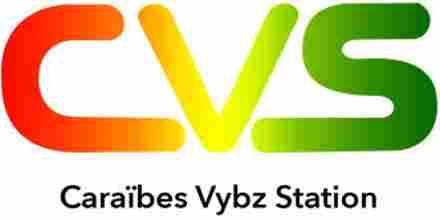Dub is a subgenre of reggae music that emerged in Jamaica in the late 1960s and early 1970s. It involves heavy use of reverb and echo effects, along with instrumental remixes of existing songs. The genre is characterized by its stripped-down, minimalistic approach to production, often featuring sparse instrumentation and a strong emphasis on the drum and bass lines. Dub music typically includes vocal samples or snippets from the original song, but these are usually heavily processed and manipulated to create an otherworldly atmosphere.
The origins of dub can be traced back to the sound system culture in Jamaica, where DJs would play instrumental versions of popular songs to allow dancers more freedom on the dance floor. Early pioneers like King Tubby, Lee "Scratch" Perry, and Errol Thompson are credited with developing the techniques that define dub music. King Tubby, in particular, is often referred to as the "father of dub" for his innovative use of studio effects and mixing techniques.
Dub music often features a slow, hypnotic tempo, which creates a sense of depth and space. The use of delay and reverb effects can make the music sound expansive, almost three-dimensional. This sonic landscape is further enhanced by the strategic placement of sounds within the mix, creating a dynamic interplay between different elements.
The instrumentation in dub is typically minimalist, focusing on key components like the kick drum, snare, bass, and occasional melodic lines from keyboards or guitars. The basslines are often deep and resonant, providing a solid foundation for the rest of the track. Drums are usually played with a strong emphasis on the off-beat, which is a hallmark of reggae music.
Vocals in dub are often treated as another instrument rather than the focal point of the song. They can be distorted, delayed, or pitched up and down to create unique textures and sounds. This approach allows the vocals to blend seamlessly with the instrumental elements, contributing to the overall atmospheric quality of the music.
Dub has had a significant influence on various other genres, including hip-hop, electronic dance music (EDM), and ambient music. Its emphasis on studio manipulation and sound design has inspired countless producers and musicians around the world. The genre's impact can be heard in the work of artists like Massive Attack, Tricky, and Mad Professor, who have incorporated dub techniques into their own music.
One of the defining features of dub is its use of "versioning," where multiple versions of a song are created by remixing and reworking the original track. This practice allows for endless experimentation and creativity, as producers can continually reinterpret and reinvent existing material.
The lyrical content in dub often reflects themes of social commentary, spirituality, and political activism. These themes are deeply rooted in Jamaican culture and the Rastafarian movement, which has been a significant influence on reggae music as a whole. The lyrics can be introspective and thought-provoking, encouraging listeners to reflect on broader societal issues.
Dub music continues to evolve and inspire new generations of musicians. Its unique sound and innovative production techniques have made it a timeless genre that transcends cultural and geographical boundaries. Whether it's the haunting echoes of King Tubby's mixes or the modern interpretations by contemporary artists, dub remains a powerful and enduring form of musical expression.

 422
422
